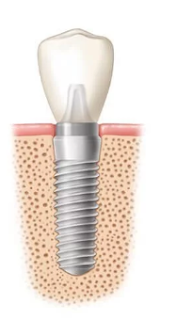When do I Need a Root Canal

When do I Need a Root Canal? What is a root canal? Simply put, a root canal is a filling for your tooth nerve. Once your tooth nerve is damaged, you must either perform a root canal treatment or extract the tooth. A filling is not going to get the job done any longer because fillings do not address the tooth nerve. When do I need a root canal? You need a root canal whenever your tooth nerve is damaged. This can happen due to cavities, trauma, fracture or a large dental restoration. Unfortunately, tooth nerve damage is irreversible. Once your tooth nerve is damaged, your tooth will start hurting. You now need to perform a root canal treatment, which is removing the tooth nerve. Cavities New or old cavities progress deeper into your tooth. Cavities start on the outer surface of teeth and work their way inside. Once the cavity bugs have reached the tooth nerve, the tooth is now infected. This can no longer be fixed with a filling and you will require a root ...





